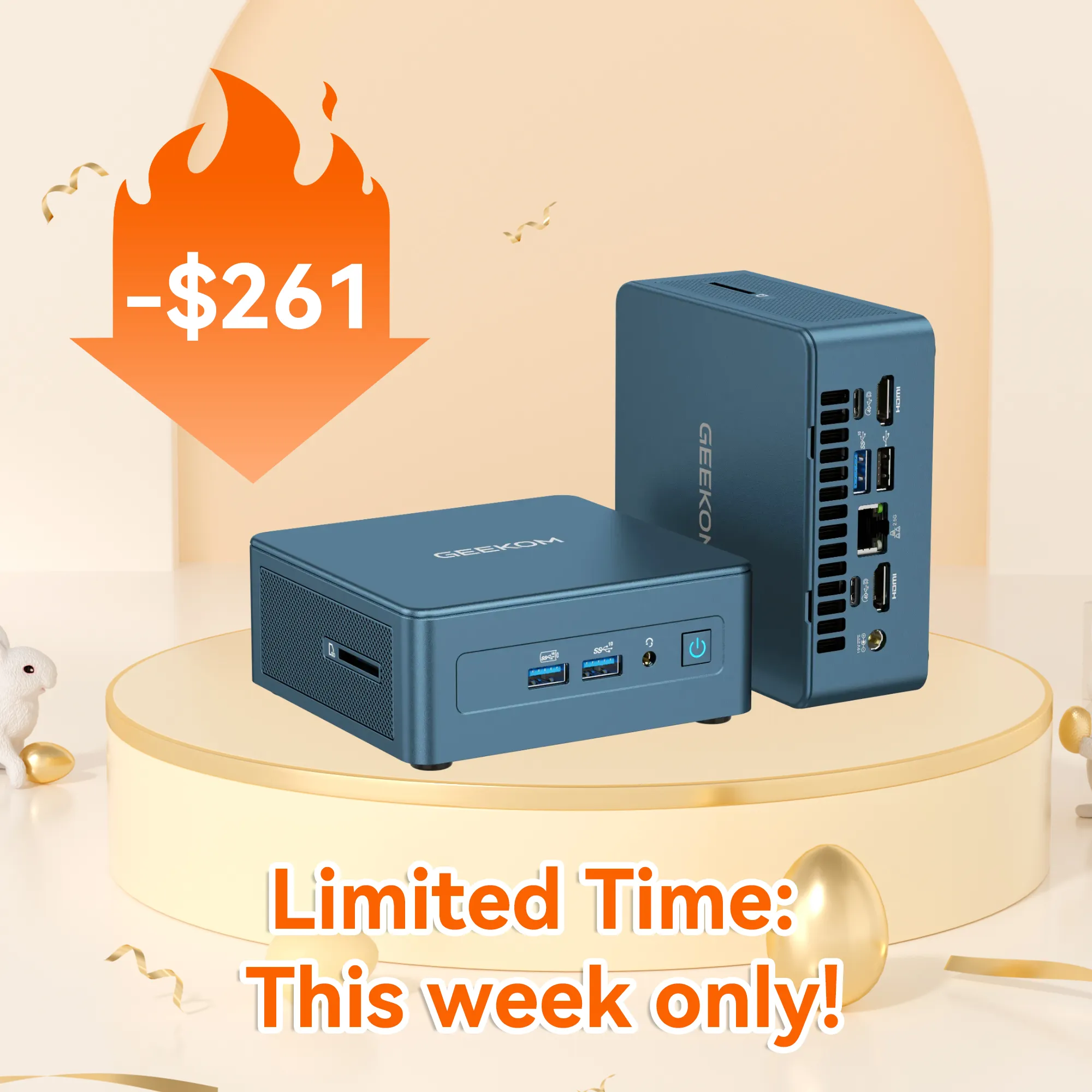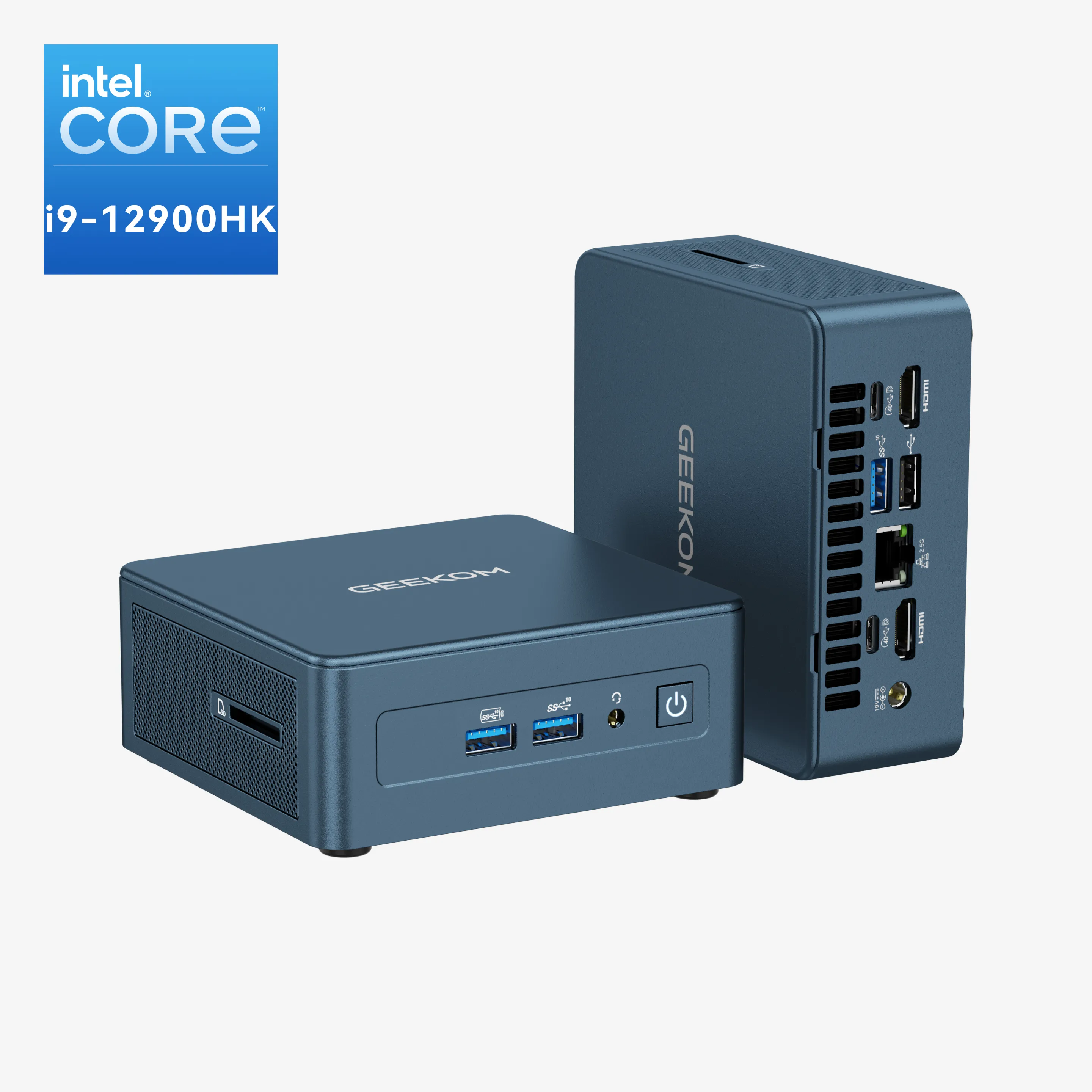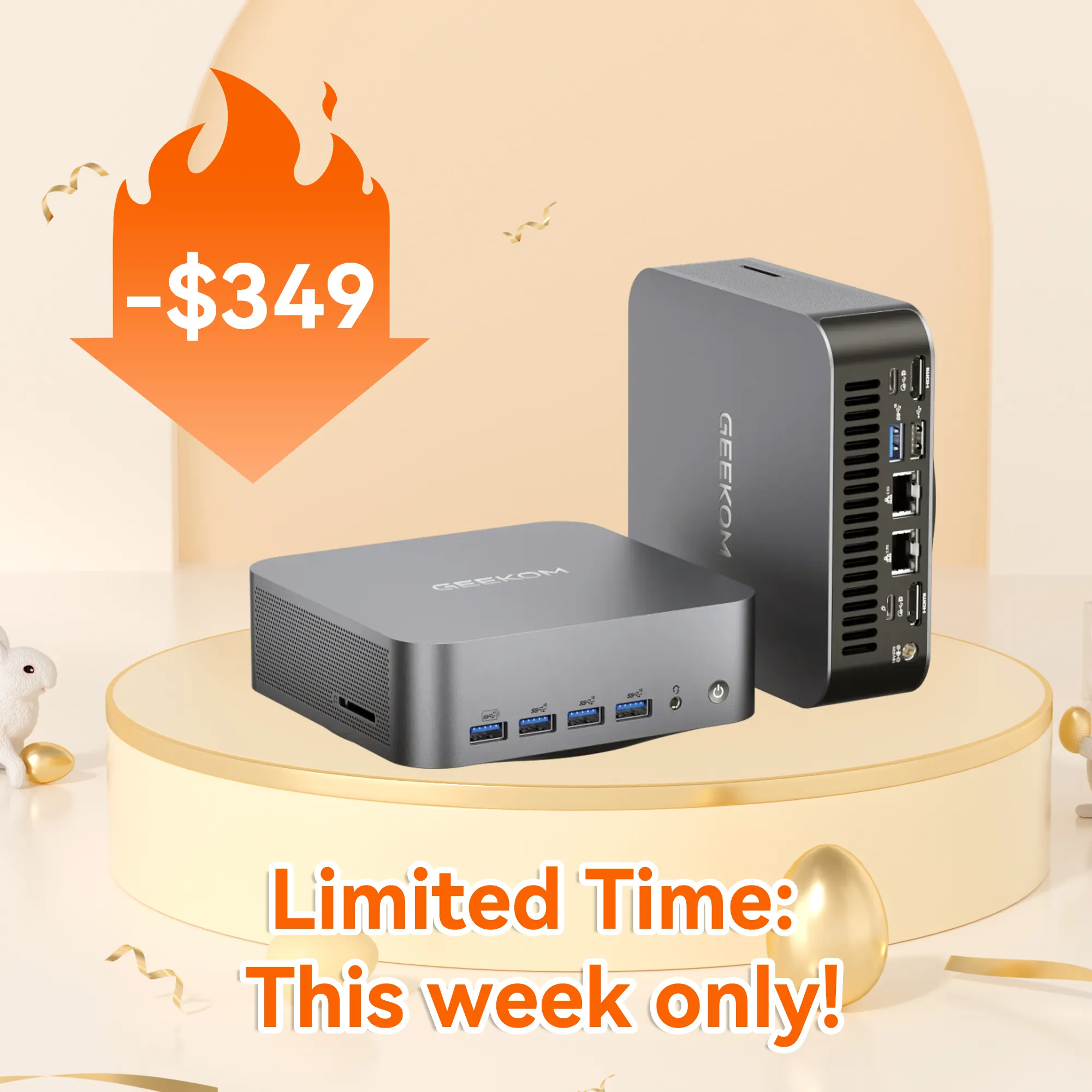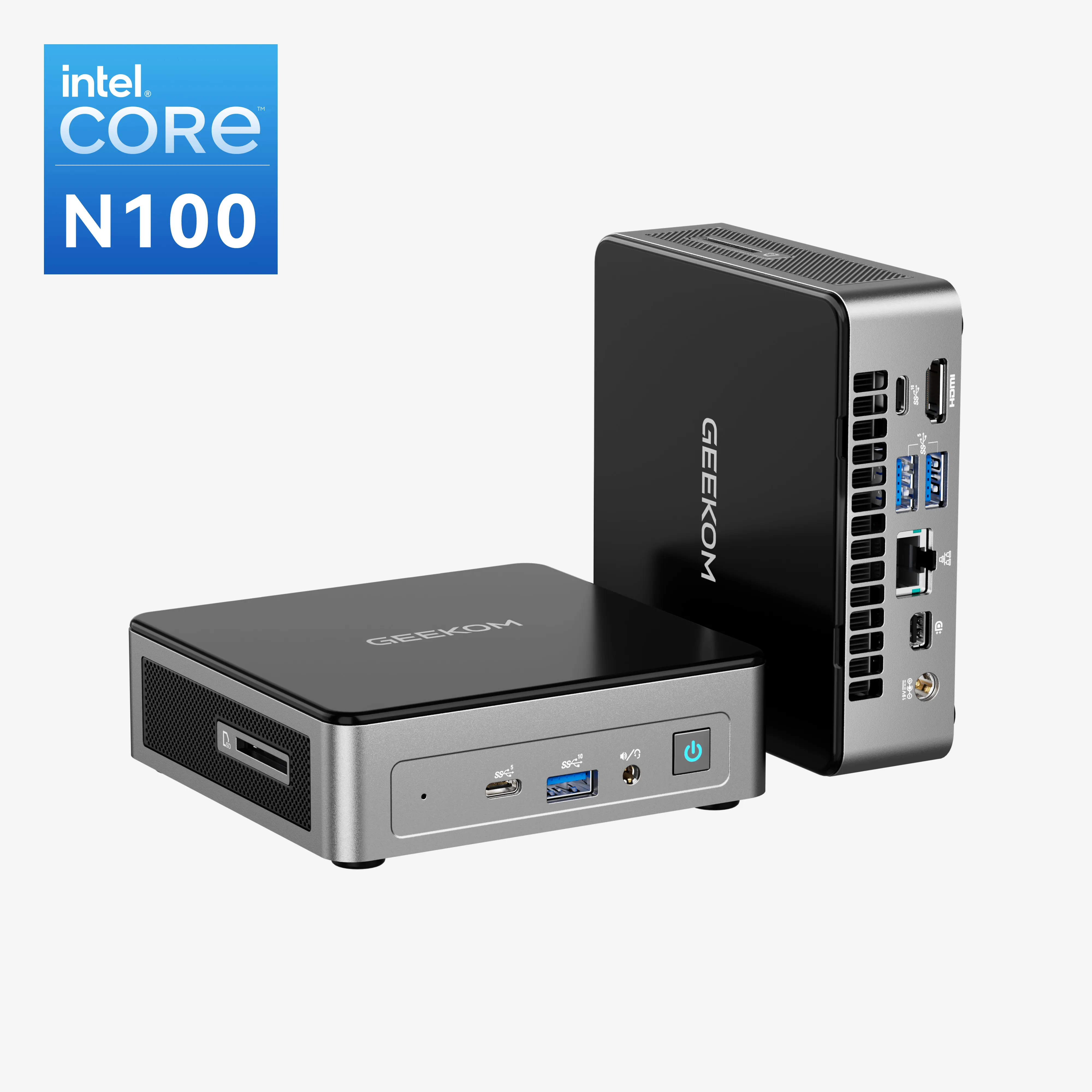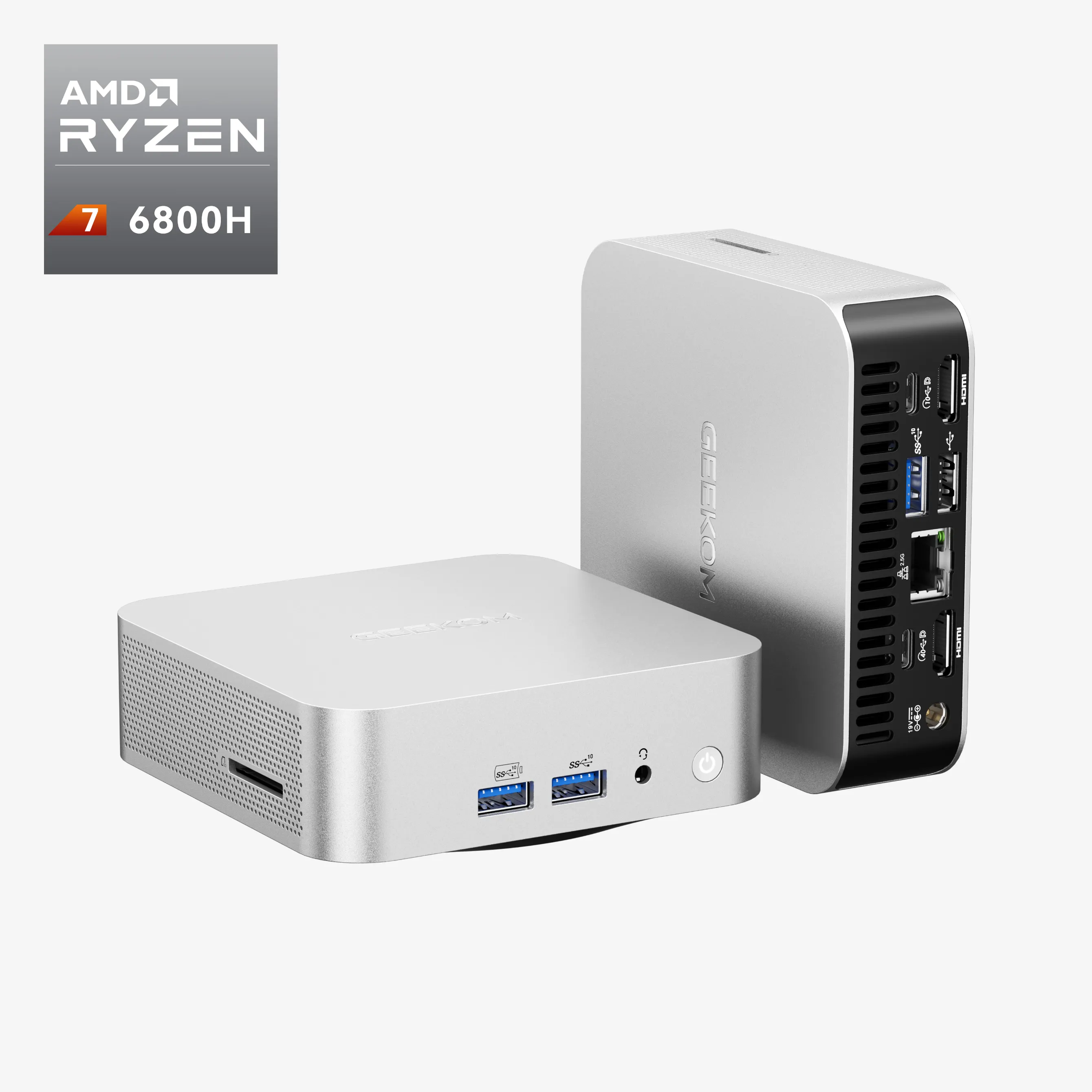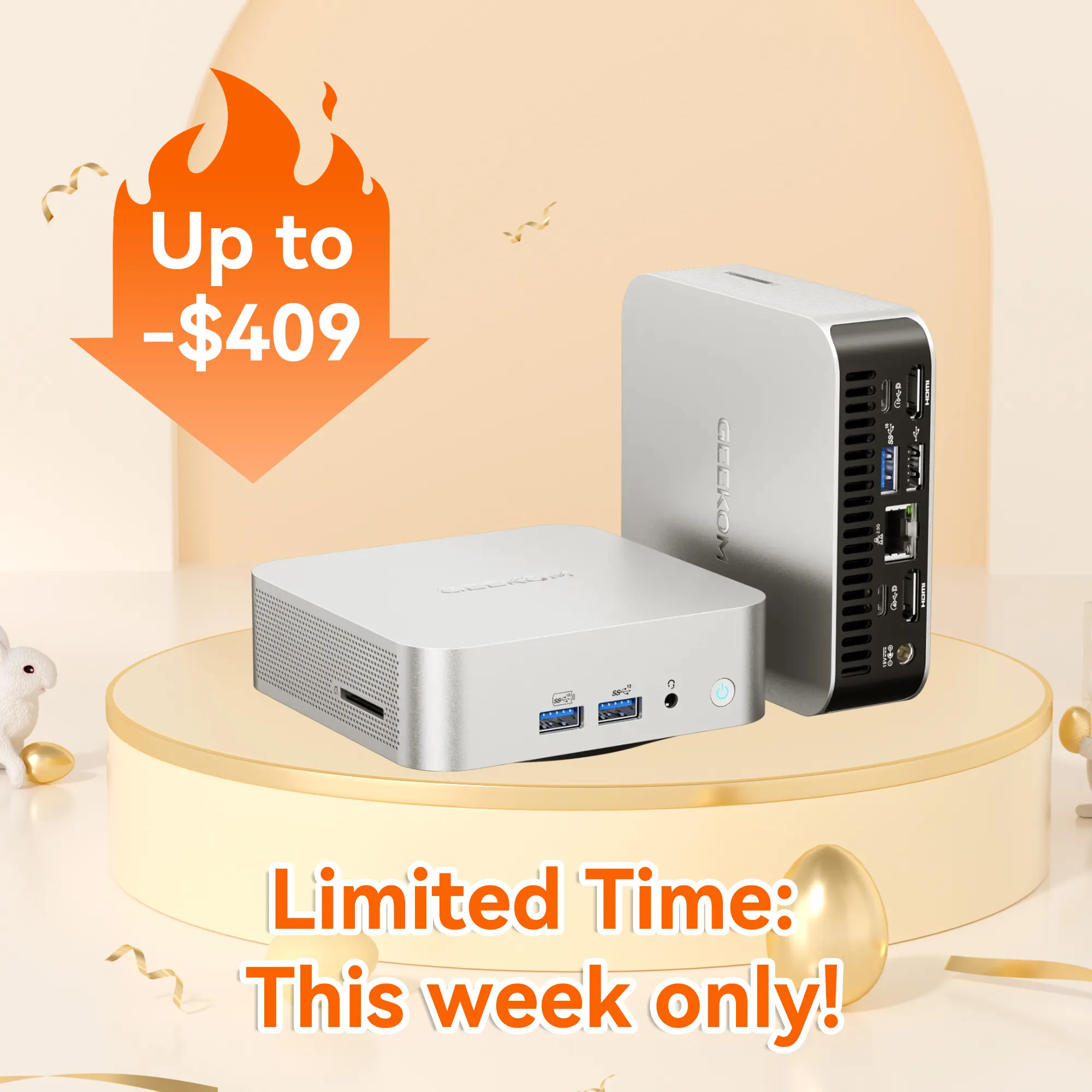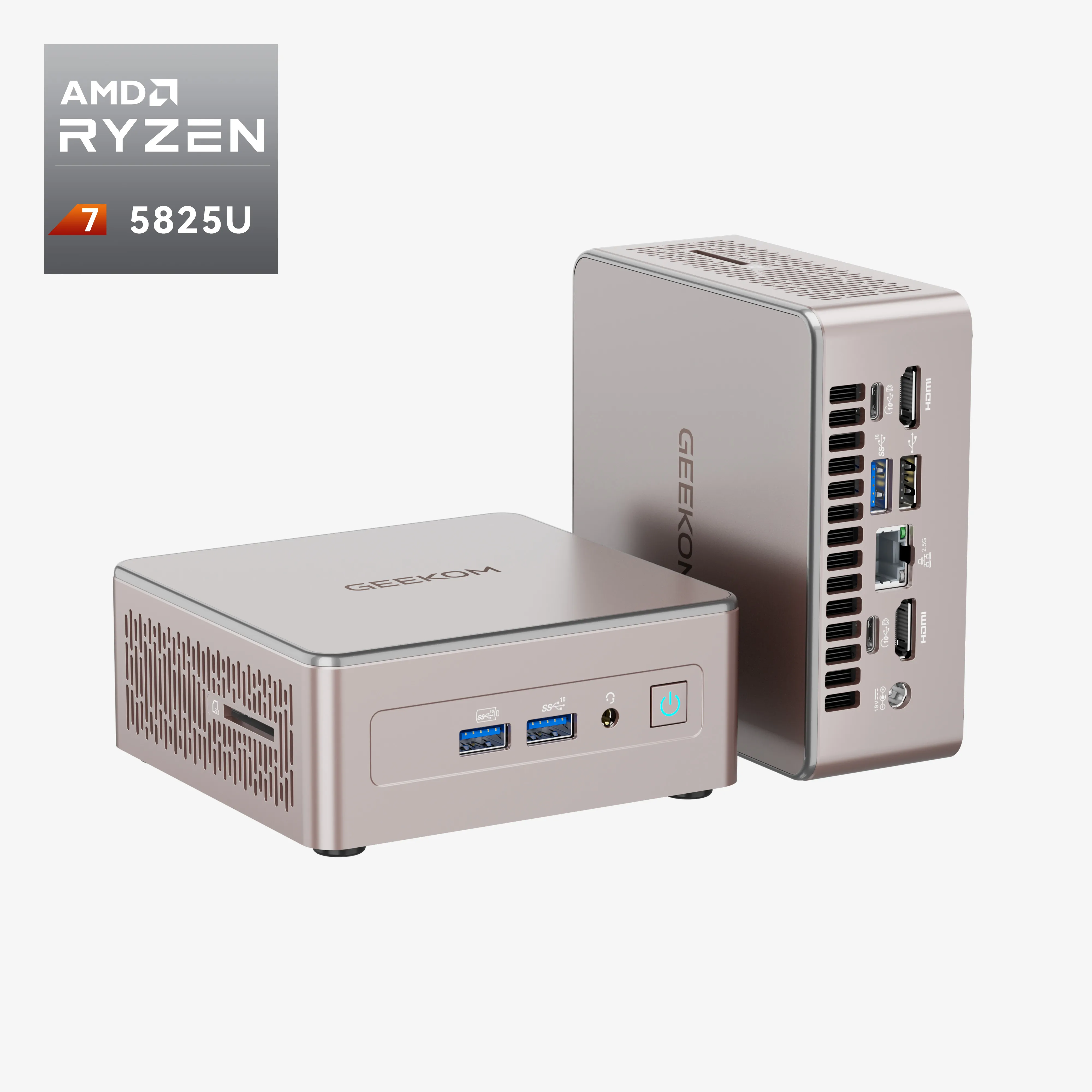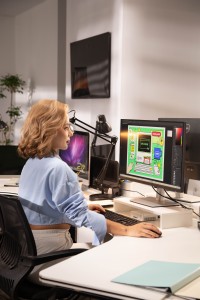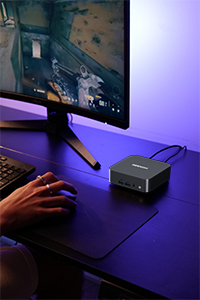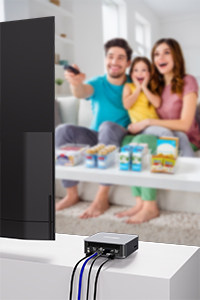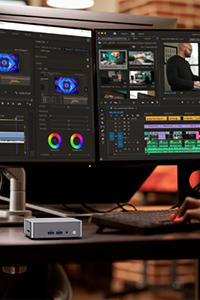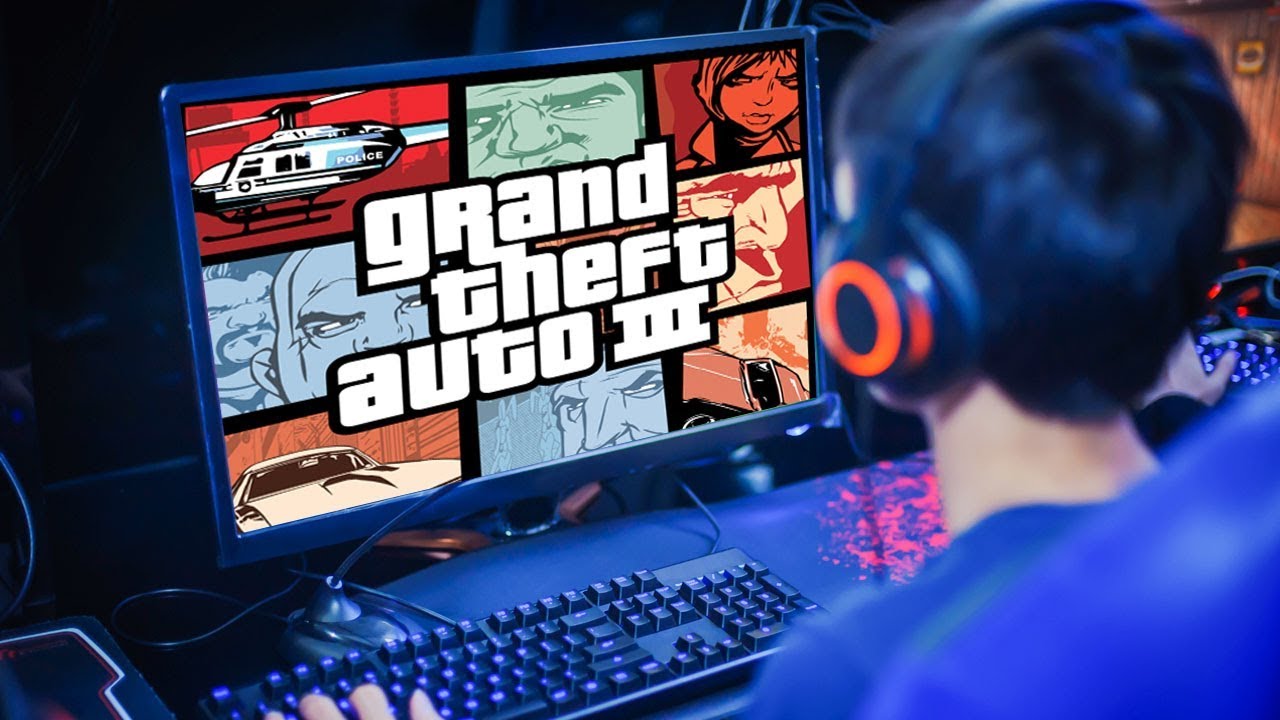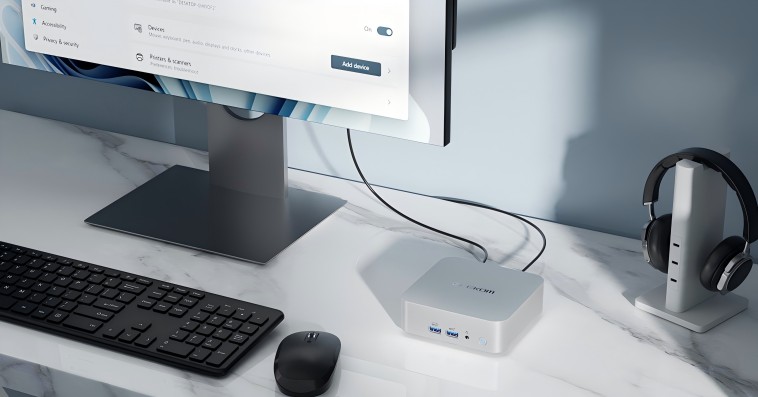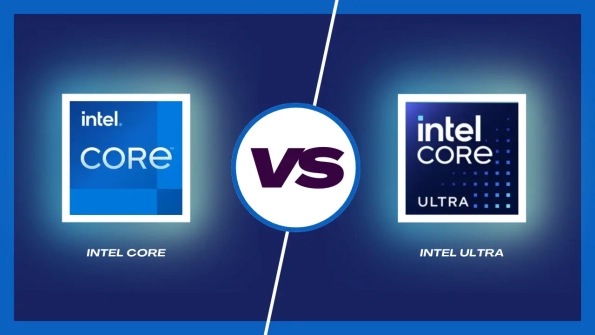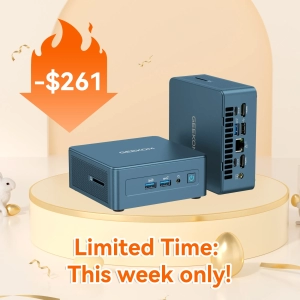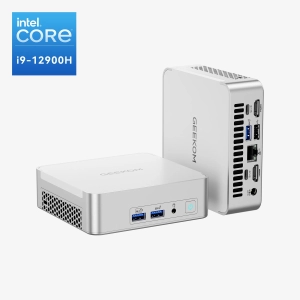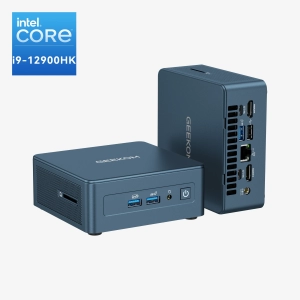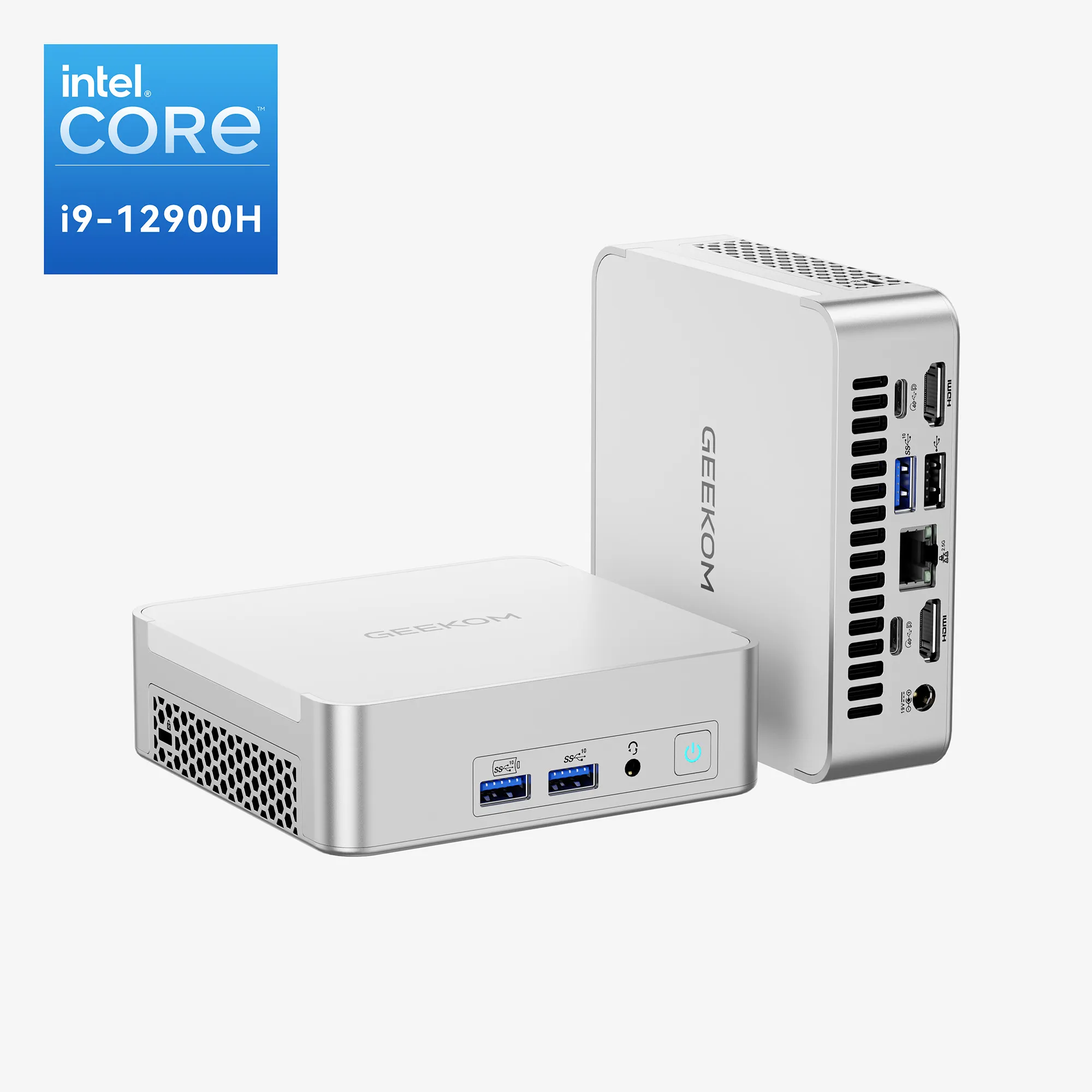Are you a gaming enthusiast looking to revisit classic games and experience them on modern hardware? Emulation is here to play the role of a digital time machine. It’s a powerful tool that transports you back to the golden age of gaming; so you can cherish memories and enjoy all your beloved titles once again.
However, choosing an emulation device can be a tough nut to crack. Not anymore because mini PCs have become the ideal platforms for emulation. Not only are they affordable and compact, they have what it takes to handle the demands of retro gaming.
So why build an elaborate gaming rig when you can use a portable device that is energy efficient and doesn’t require you to break the bank? Want to know what is the best mini PC for emulation? Read on to find out!
Key Considerations for Emulation on Mini PCs
What factors should one consider when selecting a mini pc for emulation? Here is a detailed account:
Performance, Price and Value
- Processor: When it comes to emulators such as Mame, a high-end processor like an Intel Core i7, or AMD’s Ryzen 7 is very handily required.
- Graphics: Graphics Processing Units (GPU) are not as paramount when it comes to emulation, as they won’t offer the same faithful reproduction. Many retro games can run on Integrated Graphics.
- RAM: Target around 8GB of RAM so that proper multitasking can be attained without having a performance bottleneck.
- Storage: A Solid State Drive (SSD) is lovely since it cuts down the waiting time for the system to load.
- Price: Pay for one that is within your range whilst examining the mini-PCs’ intended use’s performance and features.
Compatibility and Upgradability
- Operating System: Pick an OS that goes in outline with the emulators you would like to use, be it Windows, Linux or Mac.
- Software: Avoid throttling yourself with poor emulators; pick active ones, work with the games, and allow for some options.
- Upgradability: Look at how future-ready the system is, such as if one can, in the future, upgrade fois guns and upgrade to design more demanding games and therefore demand more out of the system.
Size, Cooling, and Noise
- Form Factor: Mini PCs for emulators are used for emulation gaming and they come in many sizes and shapes. Pick one that can fit in the available space and still be of your preference.
- Cooling: Make sure that the mini PC in question has a proper cooling mechanism to ensure that the device does not overheat while operating effectively.
- Noise: Mind the noise produced by the mini PC since it may not be required in some quiet places.
Storage and Connectivity
- Internal Storage: Assess what type of internal storage is available that can include, but is not limited to SSD or HDD that will store your compiled game library.
- Connectivity: Verify the ability of the fingers PC to accommodate various USB devices, HDMI connections and other required attachments to connect to displays.
Best Mini PCs for Emulation
The following tips do help in choosing the right mini pcs for your emulators, from the ones highlighted in previous sections.
Best Overall
- GEEKOM IT12 Mini PC: Since it occupies a lot of space, powerful and ram optimal intel core i7-based GEEKOM IT12 mini PC 32GB RAMs and 1TB ssd is the best for ultra extreme emulators only.
Best Budget
- KAMRUI AK1 Plus Mini PC: if you are looking for the best cheap mini pc for emulation, the KAMRUI AK1 Plus offers decent performance for emulation while remaining affordable.
Best for High-End Emulation
- Beelink SER5 MAX Mini PC: With its AMD Ryzen 7 processor and ample RAM and storage, the Beelink SER5 MAX is well-suited for demanding emulators and high-resolution gaming.
Most Compact
- ALLIWAVA GX55 Mini PC: This ultra-compact mini PC offers a balance of performance and portability, making it a great choice for those with limited space.
Setting Up Your Mini PC
Choosing Operating System and Software Windows:
- Windows: Windows is well known for emulators thus making it more enjoyable from the different types of emulation.
- Linux: Distros such as Ubunto and RetroArch are lightweight and user-friendly OS that can support emulation.
- macOS: This isn’t used a lot when it comes to emulation but older games can be run with some emulators on macOS.
Installing essential emulators and optimizing performance now their functions:
- Emulator Selection: Download or buy emulators that are more compatible with the type of video game consoles that you want to emulate and the hardware of your mini PC.
- BIOS Configuration: A BIOS configuration belongs in this section, as an optimisation guideline for better emulator performance and compatibility.
- ROMs and BIOS Files: Get ROMs and BIOS files from legitimate sources for the consoles you wish to emulate.
- Optimization: Depending on hardware and software emulation properties emulator settings output resolution, output frame rate, and controller input mapping shall be modified.
Essential Accessories and Legal Considerations
Accessories
- Controllers: Appropriate high-quality controllers must be purchased from the relevant emulators.
- Storage Expansion: To increase the collection of games, external storage devices such as USB drivers or hard disk drives should be used.
- Display: To Enhance visual experience from the mini pc, Never forget to include a good monitor or TV.
Legal Considerations
- Intellectual Property: Legally entitled to use those ROMs and BIOS files. Such action should never be done, neither acquired, nor used without permission of those who would qualify as protected material.
- Fair Use: In the case of using copyrighted content within your jurisdiction, it is important to know the fair use laws with regards to its non-commercial, personal use.
Mini PCs vs. Other Solutions
As far as emulation is concerned, mini PCs have an edge over other platforms, such as Raspberry Pi, gaming consoles, and full-sized PCs:
- Affordability: Mini PCs are relatively cheaper compared to purchasing gaming consoles or top-end personal computers.
- Portability: their small form factor makes them easy to move around and set up in different areas.
- Versatility: Mini PCs for game cube emulation are perfect examples how these devices can be used for various tasks. Then you also have Mini PCs for PS3 emulation.
- Power Efficiency: It is often the case that mini computers consume and waste a lot less energy than a larger system. Perry down electrical costs and other running costs.
Creating the Ultimate Retro Gaming Setup
Organizing ROMs and choosing Front-End Software:
- ROM Organization: Settings and turn-on shots ROM are tailored to a good general coordination to have singular. Games collection folders labelled by, for example, consoles, genres or even in alphabetical order.
- Front-End Software: Front-end software such as RetroArch or LaunchBox will be used for organizing your game collection, adjusting operations and settings, and offering a singular view.
Tips for Streaming to TVs or Larger Screens:
- HDMI Cables: Make sure you have HDMI cables that are of good quality for the connection of your mini PC with a television or a projector.
- Resolution and Scaling: Define the resolution features and scaling parameters of both your mini PC and the TV screen to get the most vivid possible image.
- Audio Output: Don’t forget to link your mini PC to a sound system or earphones for better sound output.
Conclusion
Finally, it should be emphasized that mini PCs are a highly functioning and inexpensive device suitable for emulation. You will be able to choose the most suitable for your purposes, considering the processor, graphics, RAM, storage, connectivity and other factors, and help to build up an individual personal retro gaming enjoyment.
With the correct measures taken and the system optimally tuned, there are a variety of older games that one can play on one’s mini PC that bring back old memories while still exploring more games.



